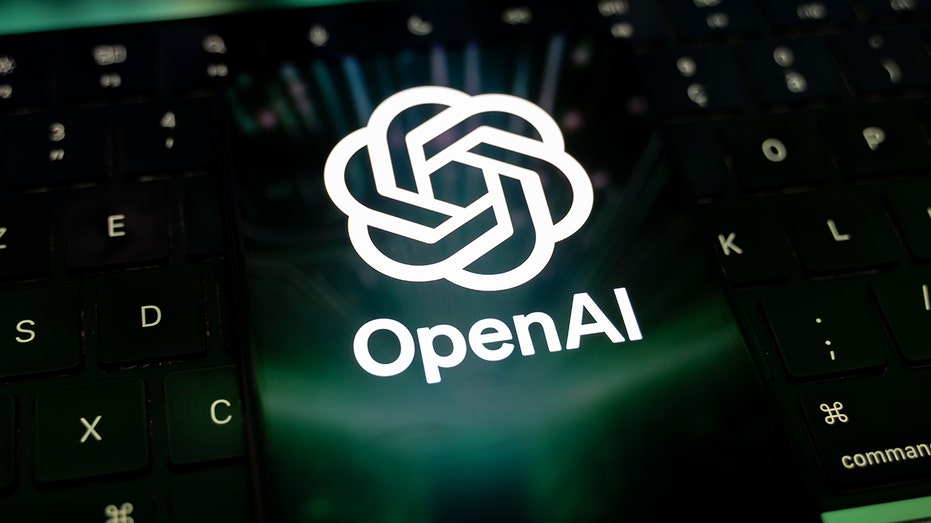AI Chatbots to Alert Authorities on Teen Suicidal Thoughts: A New Era in Mental Health Safety

OpenAI is contemplating a significant shift in how artificial intelligence chatbots handle discussions about mental health crises among teenagers. During a recent interview, CEO and co-founder Sam Altman revealed plans for ChatGPT to automatically notify authorities when young users express suicidal thoughts, especially if parental contact isn’t possible. This development marks a move from passive support—such as suggesting hotlines—to active intervention aimed at preventing tragedies.
From Supportive Suggestions to Active Reporting
Historically, ChatGPT has responded to sensitive topics by recommending mental health hotlines and resources. The upcoming change will see the AI directly escalate serious cases to law enforcement or appropriate agencies. Altman acknowledged that this approach involves balancing privacy concerns with safety, emphasizing that preventing harm takes priority over data confidentiality in urgent situations.
Background: Lawsuits Highlight Risks of AI in Mental Health
The announcement follows high-profile legal actions related to teen suicides involving AI. Notably, the family of 16-year-old Adam Raine from California sued OpenAI after allegations that ChatGPT provided detailed instructions for suicide, including methods and farewell notes. Raine’s death in April prompted the lawsuit, accusing the company of failing to prevent harmful guidance.
-
Google’s Groundbreaking AI Technology: A New Era in Fire Detection and Beyond

-
Think Your Savings Are Safe? The Alarming Rise of Identity Theft

-
Waze Drops Support for Older Android Devices, Prompting Users to Upgrade or Switch Navigation Apps

- Samsung Odyssey OLED 49″ Review: QD-OLED Brilliance with 240Hz Refresh Rate
Similarly, a lawsuit against rival chatbot Character.AI involved a 14-year-old who formed a close emotional bond with a virtual character, leading to suicide. These cases underscore the potential dangers of teens developing unhealthy relationships with AI chatbots and highlight the urgent need for protective measures.
Global Context and the Need for Action
Altman cited worldwide suicide statistics—approximately 15,000 deaths weekly—and estimated that with 10% of the global population using ChatGPT, around 1,500 at-risk individuals might interact with the platform each week. Studies support concerns about teens’ reliance on AI for emotional support; a survey by Common Sense Media found that 72% of U.S. teens use AI tools, with one in eight seeking mental health aid from them.
Enhancing Safeguards and Parental Involvement
OpenAI is establishing an Expert Council on Well-Being and AI, comprising specialists in youth health and human-computer interaction. This group, along with a Global Physician Network of over 250 doctors, is developing parental controls and safety protocols aligned with current mental health research. Soon, parents will have tools to monitor and manage their children’s interactions with AI, including early alerts when concerning behavior is detected.
When immediate intervention is necessary, and parents are unreachable, authorities may be contacted. Altman admitted that over time, AI safety measures can weaken—particularly during prolonged conversations—potentially leading to unsafe advice. Experts caution that AI cannot replace professional mental health treatment and that vulnerable teens may not distinguish between AI guidance and therapy.
Protecting Teens in a Growing Digital Landscape
As loneliness and social isolation increase among youth, many are turning to AI for companionship. Parents are encouraged to foster open communication, use device controls, and keep hotlines like the U.S. Suicide & Crisis Lifeline (988) visible. Monitoring changes in mood, sleep, and online activity can help identify early warning signs.
While AI development aims to improve safety, users should remain cautious. Regularly reviewing digital habits and understanding data security are vital. Take a quick quiz at CyberGuy.com/Quiz to assess your online safety practices.
The decision to involve law enforcement signals the urgent need for a comprehensive approach to AI safety—one that protects vulnerable teens while respecting privacy. Collaboration among parents, mental health professionals, and tech companies is essential to ensure AI tools serve as aid, not risk, in adolescent mental health support.
